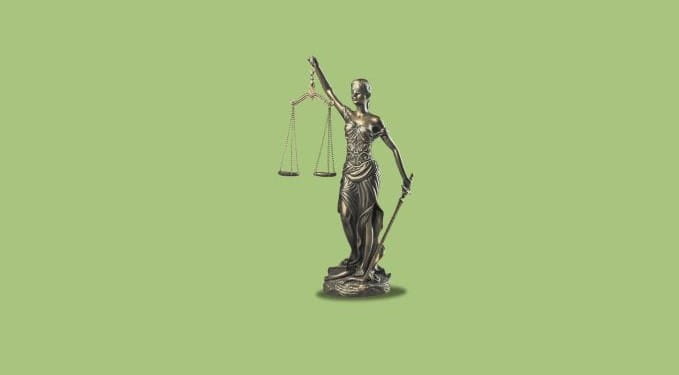Ethics is a professional competence; this is the message the Consultative Committee of Accountancy Bodies (CCAB) is pushing this Global Ethics Day (16 October). It is calling for accountants to spend time on ethics continuing professional development and self-reflection, to know the difference between ethical behaviour and compliance, and be true to their ethical values.
CCAB Group Ethics Chair Susan Smith, Professor of Accounting at University College London, has been overseeing the preparations and messaging around its Global Ethics Day activity, which fits into a wider strategy regarding the promotion of ethical behaviour across the profession. “We’re always considering ethics topics that we think will come over the horizon,” she explains. “We know, for example, that the International Ethics Standards Board for Accountants (IESBA) is looking at firm culture. Is there something that we as professional bodies with common interests in this area could do together? Where does the common ground lie?”
Smith is well placed to take this forward. As an academic with a background in both practice and business, she can take an objective view while also understanding the pressures that accountants in the working world might face. “The big opportunity offered by working at CCAB level is that we can harness the collective power of the member bodies and do something together, rather than having similar but slightly different versions of the same thing,” she says. “That allows us to consult with actual members across all of those bodies. We can see how different proposals will work for different bodies, because each one has a slightly different member composition.”
Ethics is one of the most nuanced areas of professional competence for accountants to develop as it’s so contextual; there isn’t any standard scenario to base an approach on. So it’s important for accountants to understand what those contextual situations might be when making ethical decisions, and consider how they might deal with them: “That’s where having the different views of the various bodies is really helpful to us as CCAB.”
One area of focus is artificial intelligence (AI). With such a rapidly evolving technology, accountants should make sure they understand the ethical implications before implementing them. With generative AI, it very much depends on the data set used to train it. “You should look at any risk of inbuilt biases and what type of bias that might be,” says Smith. “An AI will have some kind of inbuilt bias; it will never be wholly objective, so you need to be aware of the biases present in the data you’re training the system on and making sure you understand the implications and limits of the system.”
There are challenges for accountants in understanding how associations are made within generative AI tools, she says, which brings into question how reliable the outputs are. “It comes back to relying on the work of others, because you would have to have some type of expert looking at that AI system. IESBA has sought to address this through the Code of Ethics through its recent consultation.” Accountants need to balance the risks with the opportunities, and do their best to upskill and be aware of potential issues.
The due care and professional competence fundamental principle comes into play: accountants need to be aware of the limits of their own knowledge. Digital tools can provide a false sense of security, so accountants must make sure that they do not become complacent and keep their ethical responsibilities in mind: “You need to be aware of your own limits, so if something unusual happens, you need to stop and take stock.”
AI can undertake vast amounts of text and summarise the data much faster and more efficiently than traditional tools and methods, but you are reliant on the AI to process that data appropriately. “The potential for generative AI to leverage insights from big data sets is really exciting,” says Smith. “But again, it’s about understanding how to get the most reliable results out of it. The risks lie at the points in between systems. Technological advances of any type will offer lots of opportunities as well as risks, and this may be a faster, bigger step than we've previously seen.”
It’s really up to professional accountants to understand what skills are relevant to their roles, to be able to recognise the boundaries of their expertise as they look to adopt new technologies. “There are some potentially huge benefits, but there are also potentially some significant drawbacks. It’s about approaching it in an appropriate manner.”
Read more on AI and ethics
This article is based on extracts from the comprehensive report on ICAEW’s AI and Trust Roundtables.
Global Ethics Day
Global Ethics Day 2024 focused on using the power of ethics to build a better world. ICAEW examined the vital role ethics must play in the use of technology in accountancy.




